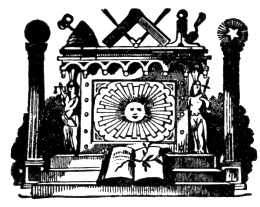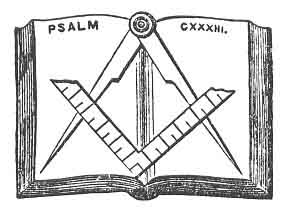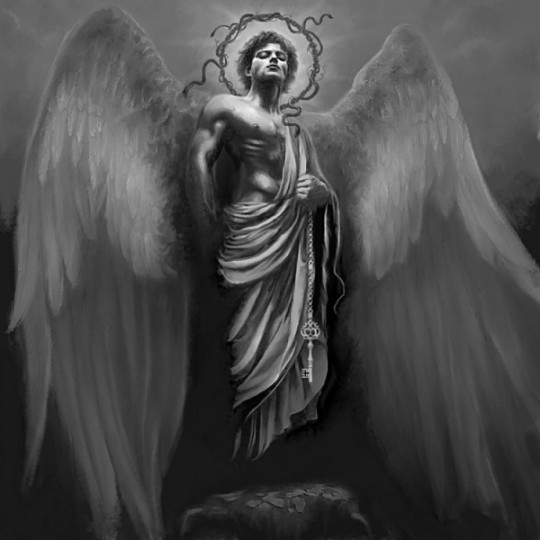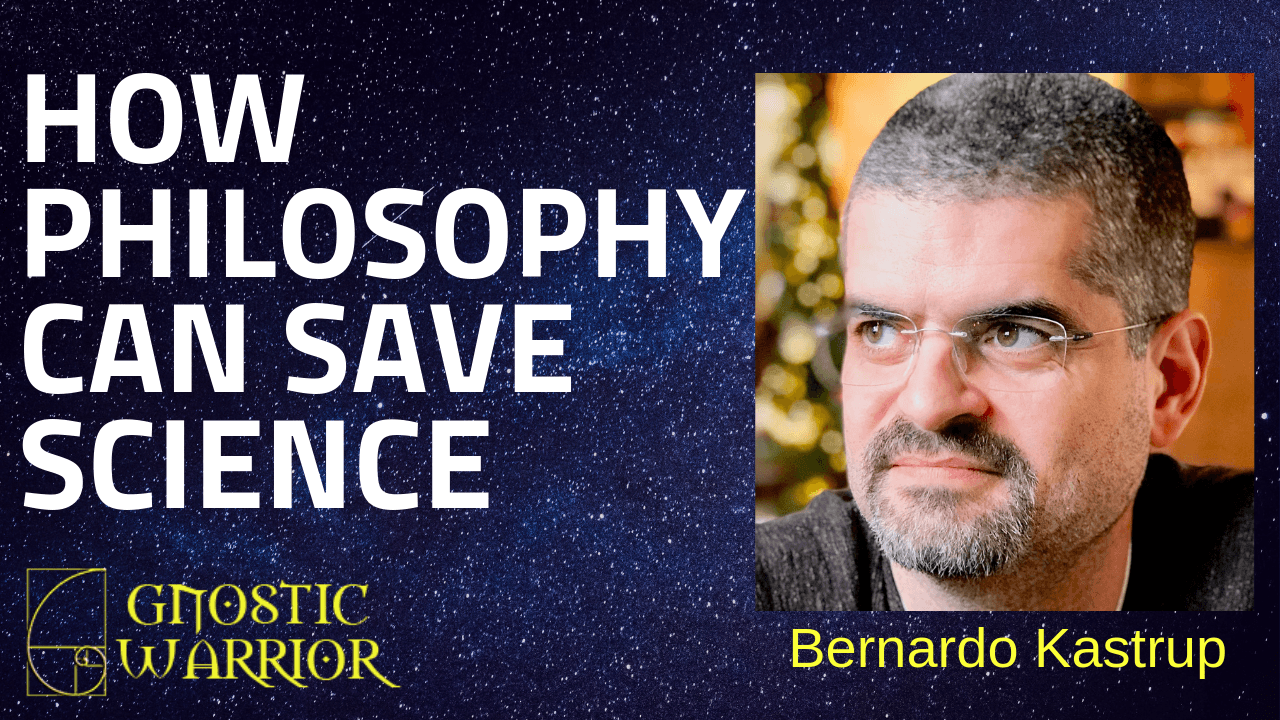“And Pistis Sophia cried out most exceedingly, she cried to the Light of lights, which she had seen from the beginning… and uttered this repentance: Save me, O Light, for evil thoughts have entered into me” (Pistis Sophia ch. 32)
Painting by By Johannes Franciscus Gijsbertus van den Berg
After nine years at the Lectorium Rosicrucianum, esoteric motifs began to appear in Johfra’s work in the late 1950’s. Up to that time, he had painted mostly Surrealist landscapes. But over the course of the sixties, these landscapes became increasingly populated by esoteric symbols. One of his earliest attempts at an expressly Esoteric painting is his Pistis Sophia (1959).
Here, a woman in rags crawls toward a distant light, which appears between two columns in the background. Meanwhile, she is being mocked or pursued by a caval of demons and beasts, including a lion-headed dragon. In the right foreground human figures are dancing in drunken revelry while, on the left, other figures are sleeping. Some however have gradually awoken and, like the tattered woman, are reaching towards the light.
The title of the painting is taken from a Gnostic Gospel which relates a dialogue between the risen Christ and his disciples. In it, many essential elements of Gnosticism are described. G.R.S. Mead’s English translation appeared in 1921 (from a British Museum manuscript acquired in 1785). Meanwhile, the chief corpus of Gnostic writings, the Nag Hammadi library, was not discovered until 1945, and did not appear in English until 1978. When Johfra painted this canvas in 1959, the Pistis Sophia was one of the few Gnostic works available to him.
In this text, Christ says to his disciples that we are all drunken with desire, or else slumbering in forgetfulness of our true origins. Only those who have ‘sobered up’ or ‘awoken’ can remember the events that transpired at the beginning of the world. This is the knowledge and revelation, the gnosis, which Christ brings to man. He reveals the ‘indweller of light’ in each of us, which Gnostics also called the ‘pneuma’, symbolized by a spark or pearl.
Through the pearl in us, we remember that, at the beginning, ‘a Great Light’ appeared and separated itself into the upper aeons (or heavens). In these heavens appeared Pistis Sophia (Wisdom), a female companion who aided the Father in creating the cosmos.
But, acting alone and without his knowledge, she gave birth to Yaldabaoth, a Demiurge who generated the lower aeons: the seven planets and the earth whirling around in the darkness. Yaldabaoth is a lion-headed serpent who glows like the fire of the sun. He commands the seven archons who appear to us as the seven planets in lower aeons. Also under his command are the many demons who hold sway on the earth and in our bodies, as lust, envy, anger, etc. All of these trap humans and their particles of the divine Light in matter, time, passion, desire, fate, and forgetting.
After generating him, Sophia’s own progeny turned against her. “And the great lion-faced light-power devoured all the light powers in Sophia… and her matter was thrust into chaos” (Pistis Sophia ch. 31). As a result, Sophia fell to the earth in the form of a woman, and forgot her origins in the divine. And indeed, all of us, who possess the ‘indweller of light’ in us, have also forgotten that we too were once descended from the Great Light. That is the revelation that Christ brings, the gnosis, the remembrance of our origins.
In light of the Gnostic text, we now see Johfra’s painting as an image to help us remember our forgotten origins. As we meditate upon it, we recognize the Pistis Sophia in rags, fallen to the earth but still reaching for the light. One or two figures on the left also reach for it. But the majority are sleeping or enmired in drunkeness. Yaldabaoth, the lion-headed dragon, rules over this darkened realm with his court of archons and demons. The composition as a whole evokes a particular passage from the Pistis Sophia.
“And Pistis Sophia cried out most exceedingly, she cried to the Light of lights, which she had seen from the beginning… and uttered this repentence: Save me, O Light, for evil thoughts have entered into me” (Pistis Sophia ch. 32).
SOURCE: VISIONARY REVUE

Moe is the founder of GnosticWarrior.com. He is a father, husband, author, martial arts black belt, and an expert in Gnosticism, the occult, and esotericism.

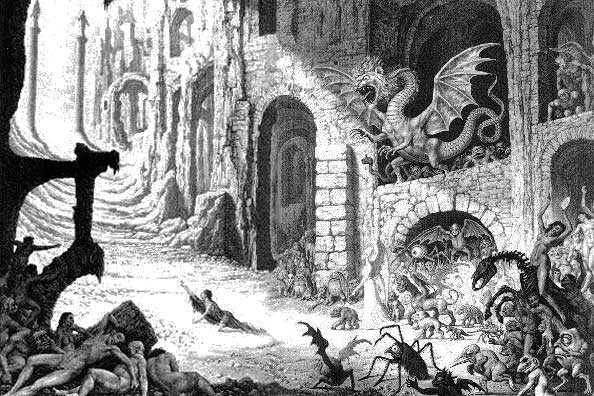

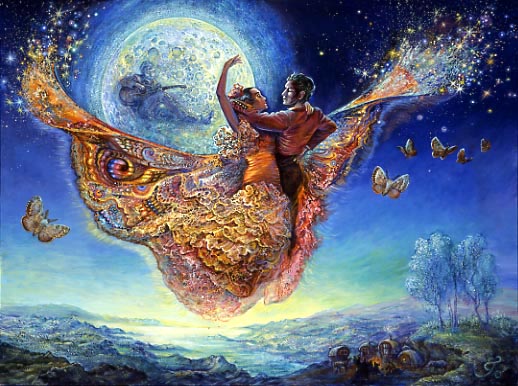
![How the holy man, Egbert, would have gone into Germany to preach, but could not; and how Wictbert went, but because he availed nothing, returned into Ireland, whence he came [Circ. 688 A.D.] | Book 5 | Chapter 8 How the holy man, Egbert, would have gone into Germany to preach, but could not; and how Wictbert went, but because he availed nothing, returned into Ireland, whence he came [Circ. 688 A.D.] | Book 5 | Chapter 8](https://www.gnosticwarrior.com/wp-content/plugins/contextual-related-posts/default.png)
